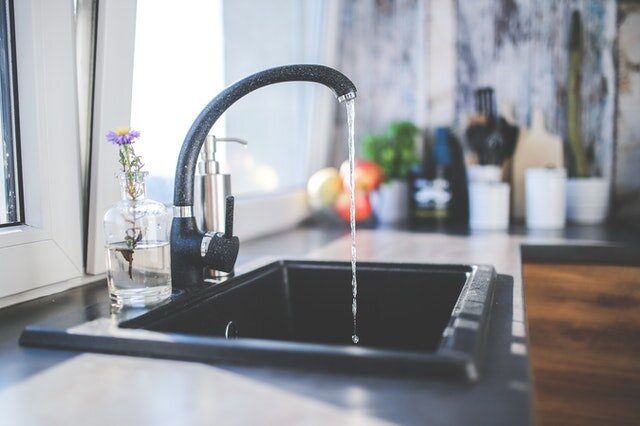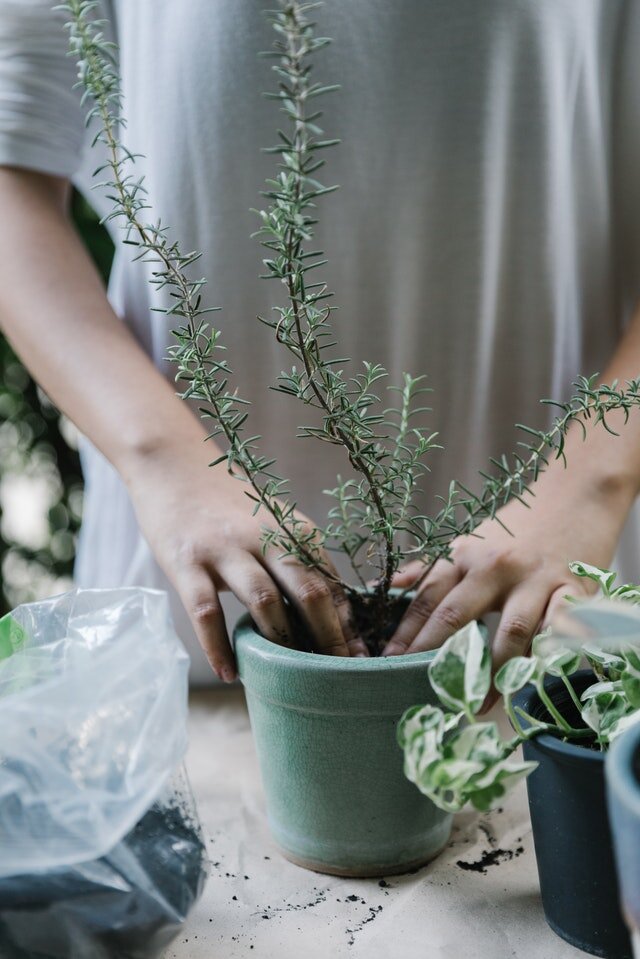If you have decided to shift toward an environmentally friendly lifestyle, you are on the right path to improving your health and overall quality of life. Green living protects our environment and ecosystem, and it's also a significant boost to the world around you. Now it's the right time to not only incorporate fall décor in your home but also to start thinking green in the long run. You can apply the following green living tips anywhere in the world. They're easily achievable and don't break the bank.
Save Energy
One of the first steps you may take to reduce your lifestyle's impact on the planet is to reduce the amount of energy usage in your home. Besides making your home greener, saving energy has real and tangible benefits in your life, and it can save you a lot of money. Whether you own or rent your home, these improvements are cost-effective and wise to make.
Follow these energy-saving green living tips
Energy-saving home improvements you should consider will include the following:
Use only low energy light bulbs- they use ¼ electricity compared to traditional bulbs while they last approximately ten times longer.
Turn off your appliances when they are not in use (computers, audio, and video equipment, and kitchen appliances use electricity even on standby mode, so better switch them off completely).
Unplug your charger when your phone, tablet, or laptop is fully charged to conserve power (and extend your battery life!).
Lower your thermostats- reduce the temperature on your heating systems thermostats by a few degrees to reduce the amount of energy and money spent on heating.
Wash your clothes at low temperatures- most of the energy used in laundry washing is used to heat the water, so opt for lower temperatures whenever possible.
Air dry your laundry instead of tumble dry. Dry them naturally on the washing line or drying rack to avoid using a large amount of electricity.
Save Water
Fresh and clean water doesn't miraculously appear out of your faucet when you turn on the tap. It takes infrastructure and electricity to get to you, meaning it's a resource you should consume carefully. You can reduce your water consumption in myriad ways, such as:
Use short cycles for washing clothes - choose the "eco wash" option on modern washing machines.
Ensure there are no leaks in your plumbing system - it prevents unnecessary water wastage.
Take shorter showers - don't take long hot showers because they are a real luxury.
When brushing your teeth, don't leave the eater running - it's a habit that can save gallons of water.
Reducing the amount of water usage in your home is one of the main green living tips
Avoid bottled water
Avoid bottled water when possible. It's not only expensive and inefficient, but it also produces large amounts of plastic waste. Use a refillable water bottle and tap water instead. You can use a water filter to purify tap water.
Ditch plastic
Plastic bags are harmful to the environment. A vast amount of plastic waste ends up outside of landfills - in our fields, forests, rivers, and oceans. One of the most critical green living tips is to use eco-friendly bags, such as paper bags. Recycle any old plastic bags that you find at your home.
Don't stop at bags. Bring your coffee mug to your favorite coffee place, bring a reusable metal straw instead of plastic ones, store your food in glass containers instead of plastic ones, etc.When you start paying attention, you'll begin to see how dependent we've become on plastic, but also in what ways we can get rid of it.
Eco-friendly solution to declutter your home
There is an eco-friendly solution for almost everything in your home and your life. If you are moving to another place or just want to get rid of the clutter that minimizes your free space, this can easily be done in an eco-friendly way - consider green storage solutions. Act smart and invest in recyclable moving boxes and reuse your cardboard boxes. There are many ways to pack your items in a green way. One of the new ones is using seaweed packaging. Ask your green storage provider about them.
Grow your food and herbs
There are so many reasons to grow plants in your home. Some indoor plants can improve your air quality. Other plants have decorative and aesthetic value, but why stop there? You can also grow food in your kitchen or garden. It will save you money, give you a great understanding of food production, and put you in touch with nature. If you have a garden, you have the opportunity to plant and nurture a whole vegetable patch.
If you don't have a lot of time or a backyard, try something simpler, such as potted herbs. Transform your outdoor space into a green oasis with a little bit of imagination and creativity.
Try to grow potted herbs in your home; it doesn't take a lot of time.
Homemade cleaning products
Many modern household cleaning products are expensive, and they are very often harmful to the environment. As a great green alternative - try making some yourself. Homemade cleaning products are environmentally friendly and safe. You’ll need ingredients such as baking soda, lemon, vinegar, soap flakes, and cornstarch to make them. You can find a bunch of tutorials online.
If you don't have spare time to make cleaning products, switch to environmentally friendly options instead. Find products that are natural and sustainable with plant-based ingredients. They will not leave chemical residue behind, and they are biodegradable.
Educate others about green living
If you live with a roommate, you can easily apply all of the techniques mentioned above together, with a little time, effort, and not too many costs. It's important to live with someone who shares the same values. If your roommate doesn't know enough about green living, try to educate them, help them recycle, and live an environmentally conscious life. Help them start with small steps and then increase the inclusion of green tips in their lifestyle.
Every small step matters
There are many more ways to incorporate green living tips into your everyday life. For example, remember to cut down on fuel whenever you can. Instead of driving a car, be active- walk or ride a bicycle (or use public transport for further travel) when possible. Whenever you can choose organic products, use second-hand clothes, use recycled paper, share and borrow things instead of compulsive buying. Try to repurpose your household items, collect rainwater, and use it to water your plants. Reuse things, donate them… the list is endless. Every small step counts. If we all make a small change for a better, healthier, and greener planet today, it adds up and makes a massive difference on our way forward to a better future.




